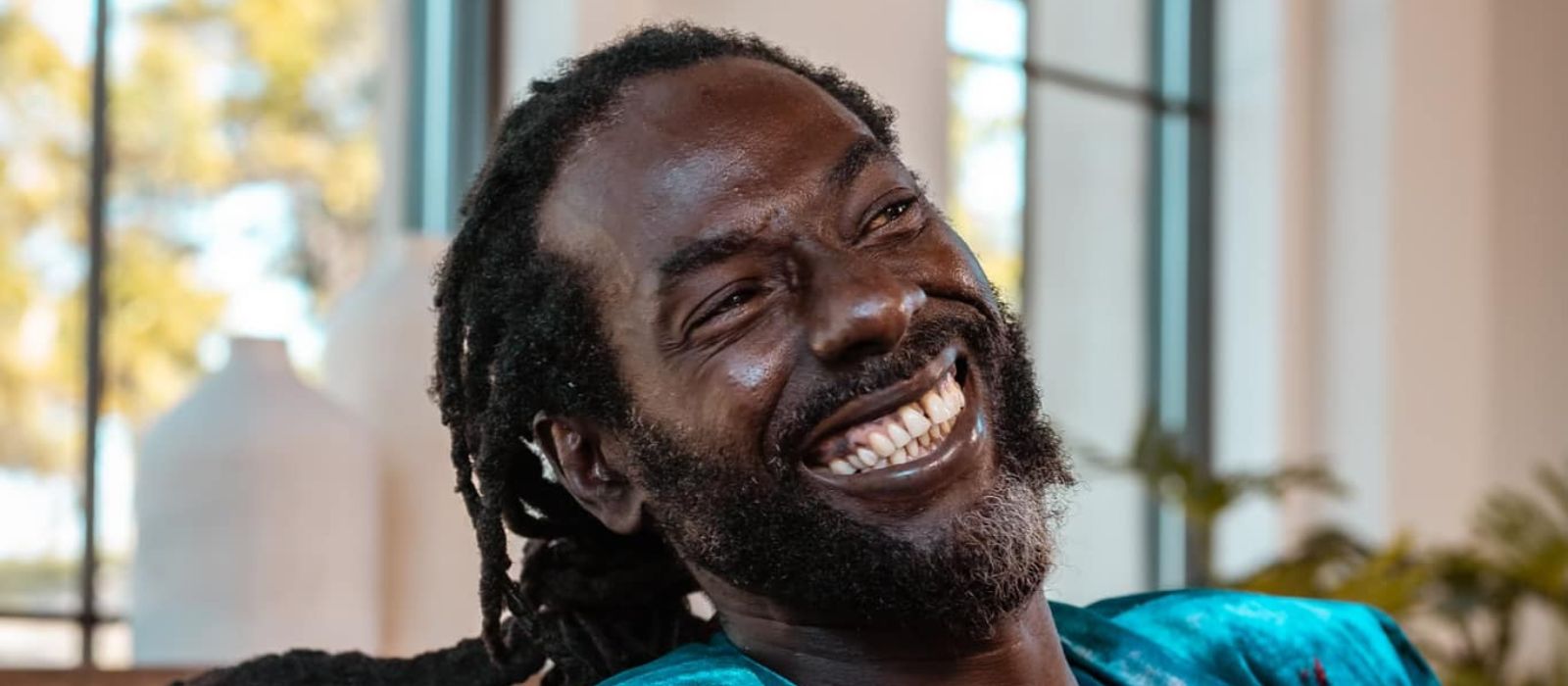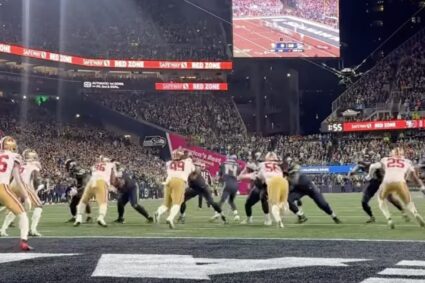
In a recent episode of the popular podcast Drink Champs, reggae legend Buju Banton made headlines with his candid critique of the Afrobeats genre. Known for his powerful voice and impactful lyrics, Buju expressed deep concern over the direction of contemporary African music, particularly its relevance to the struggles faced by many Africans today.
During the interview, Buju was asked to reflect on the current state of Afrobeats. He posed a thought-provoking question: “Tell me one Afrobeats song that can uplift us.” This question was not just an inquiry but a challenge to both artists and listeners. Buju highlighted ongoing struggles in various African nations—mentioning Kenya, South Africa, Sudan, and South Sudan—where young people face significant hardships. He lamented that much of Afrobeats seems disconnected from these realities.
Buju’s comments echoed sentiments previously voiced by other prominent artists, including Burna Boy. Both have pointed out that many Afrobeats songs focus on themes of partying and enjoyment rather than addressing deeper societal issues. Buju emphasized that music should serve as a vehicle for empowerment and liberation, noting that reggae has historically played this role, acting as a voice for the oppressed and a source of hope during difficult times.
He reminisced about how reggae music once resonated deeply with African struggles, serving as an anthem for freedom and resilience. “When Nelson Mandela was locked up in South Africa,” he recalled, “we were the voice of Africa.” This historical perspective underscored his disappointment with modern Afrobeats artists who, in his view, prioritize commercial success over meaningful content.
Buju also expressed frustration over the perceived disconnect between Jamaican artists and their African counterparts. He noted the potential for collaboration and mutual respect between genres like reggae and Afrobeats, but feels this connection has not been fully realized. Instead, he believes many Afrobeats artists have chosen to forge connections outside Jamaica rather than honoring their roots.
“We need more songs that speak to our struggles… songs that tell us we will overcome,” he said.
Buju’s critique serves as both a warning and an invitation—a call to action for Afrobeats artists to consider their societal impact through their music. He advocates for songs that not only entertain but also inspire hope and resilience among listeners facing adversity, reminding us all of the profound power music holds in shaping culture and uplifting communities.


